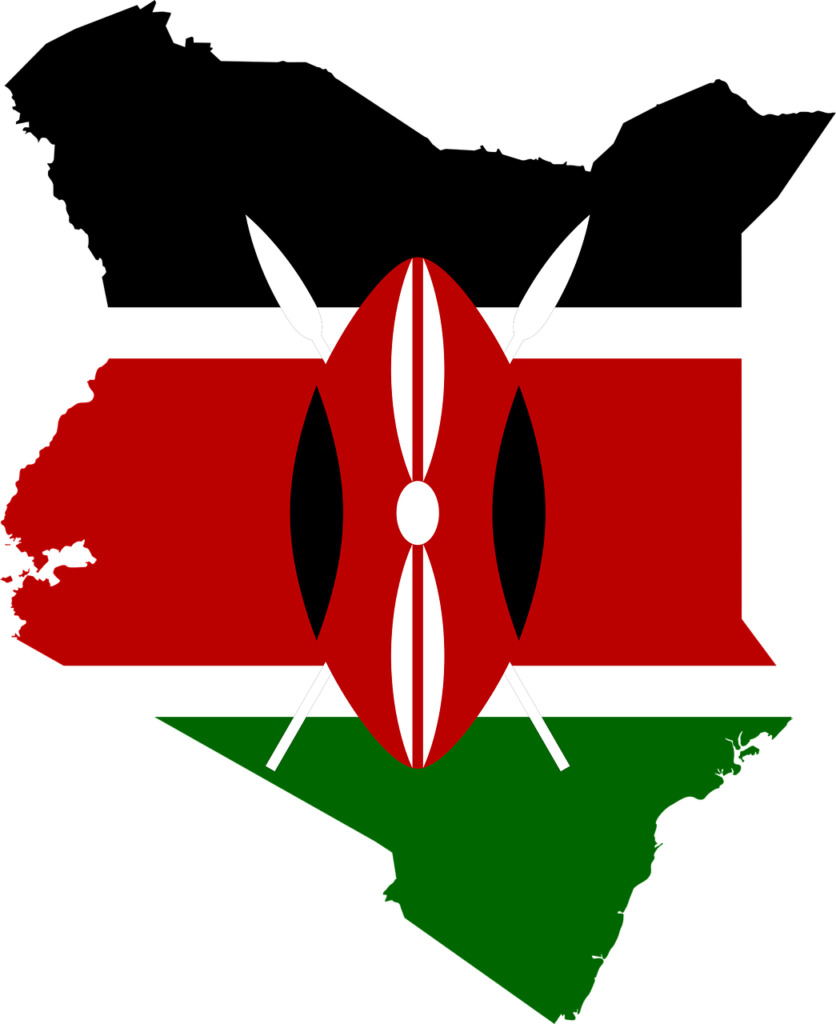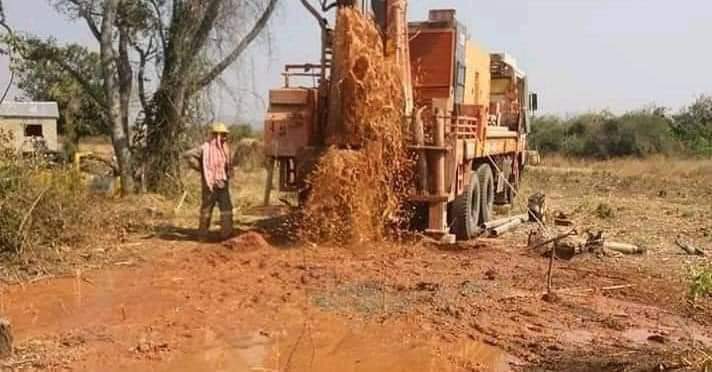Water is a basic necessity, yet access to clean and reliable water remains challenging in many parts of Kenya.
Boreholes have become a lifeline for individuals, businesses, and communities, providing a dependable water source.
However, before drilling a borehole, it is vital to understand the legal and procedural requirements.
We will guide you through the permits and approvals needed to drill a borehole in Kenya, ensuring compliance with regulations and sustainable water use.
Also read How Deep Can a Hand Pump Work in a Borehole?
Why Permits Are Necessary

Kenya’s water resources are managed under the Water Act of 2016, which outlines regulations to protect water availability and ensure sustainable use. Permits are not just bureaucratic hurdles—they are essential for:
- Legal Compliance: Drilling without permits is illegal and can result in hefty fines or the closure of your borehole.
- Environmental Protection: Improper drilling can lead to over-extraction and groundwater contamination, harming ecosystems and communities.
- Sustainability: Regulated drilling ensures that water resources are shared equitably, preventing overuse.
By adhering to these regulations, you contribute to managing Kenya’s water resources responsibly while avoiding legal repercussions.
Permits Required to Drill a Borehole in Kenya
Drilling a borehole involves multiple steps, each requiring specific approvals and documentation. Below are the primary permits you will need:
1. Hydrogeological Survey Approval
A hydrogeological survey assesses groundwater availability and identifies the best location for drilling. This survey is conducted by a licensed geologist who evaluates:
- The depth and quality of groundwater.
- The potential yield of the borehole.
- The environmental impact of drilling in the proposed area.
The survey report is a prerequisite for obtaining further permits.
2. Water Resources Authority (WRA) Permit

The Water Resources Authority (WRA) regulates water use in Kenya. To secure a WRA permit, you must submit:
- A hydrogeological survey report.
- Proof of land ownership or authorization from the landowner.
- An application fee.
WRA reviews your application to ensure your project aligns with water management policies. Approval from WRA grants you the legal right to extract groundwater.
3. Environmental Impact Assessment (EIA) Report
The National Environment Management Authority (NEMA) requires an Environmental Impact Assessment (EIA) report for any significant development, including borehole drilling. The EIA evaluates:
- Potential environmental risks associated with the project.
- Mitigation measures to minimize negative impacts.
Once the EIA is approved, NEMA issues a license allowing the project to proceed.
4. Local County Government Permits
Counties have their regulations governing borehole drilling. You may need to:
- Obtain a letter of no objection from the local water service provider.
- Apply for permits from the county government to ensure compliance with regional policies.
Also read Borehole Collapse? Here’s How to Fix It Effectively
Step-by-Step Process for Acquiring Permits

Here’s a simplified guide to acquiring the necessary permits:
- Conduct a Hydrogeological Survey: Engage a licensed geologist to perform the survey and prepare a report.
- Apply for a WRA Permit: Submit the hydrogeological survey report, proof of land ownership, and other required documents to WRA.
- Submit an EIA Report to NEMA: Work with environmental experts to prepare the report and secure approval.
- Obtain County Permits: Contact local government offices to apply for relevant permissions.
- Hire a Licensed Drilling Contractor: Once all permits are in place, you can engage a certified contractor to begin drilling.
Estimated Costs of Permits and Approvals
The cost of obtaining permits varies depending on location, project size, and the service providers involved. Below is a rough estimate:
- Hydrogeological Survey: KES 50,000 to KES 80,000.
- WRA Permit: KES 20,000 to KES 50,000.
- EIA Report and NEMA Approval: KES 50,000 to KES 150,000.
- Local Government Permits: KES 5,000 to KES 15,000.
Failure to comply with these requirements can lead to higher costs in the form of fines or project delays.
Benefits of Complying with Permit Requirements
Adhering to the permitting process offers several advantages:
- Legal Protection: Avoid fines, legal disputes, or forced closure of your borehole.
- Sustainability: Ensure the responsible extraction of groundwater for long-term use.
- Quality Assurance: Licensed contractors and regulated processes lead to safer and more efficient boreholes.
- Community Support: Compliance fosters trust and cooperation with neighbors and local authorities.
Common Challenges in Acquiring Permits
While the process is straightforward, you may encounter obstacles such as:
- Lengthy Approval Processes: Delays due to bureaucratic inefficiencies.
- High Costs: The financial burden of surveys, permits, and approvals.
- Lack of Awareness: Many landowners are unaware of the requirements and processes.
These challenges can be mitigated by working with experienced professionals and starting the process early.
Tips for a Smooth Permitting Process
To navigate the permitting process effectively:
- Plan Ahead: Begin the process well before your desired drilling date.
- Engage Professionals: Work with licensed hydrogeologists, environmental experts, and drilling contractors.
- Keep Records: Maintain copies of all submissions and approvals for future reference.
- Stay Informed: Familiarize yourself with updates to water regulations and county policies.
Conclusion
Drilling a borehole in Kenya is a significant investment that requires careful planning and adherence to regulations.
Obtaining the necessary permits ensures that your project complies with legal and environmental standards while contributing to sustainable water management.
Don’t cut corners—consult professionals, follow the outlined process, and secure your permits for a successful and stress-free drilling experience.
Also read Borehole Equipping
FAQs
1. Do small-scale farmers need permits to drill boreholes?
Yes, all borehole projects, regardless of scale, require permits to ensure compliance with regulations.
2. How long does the approval process take?
The process can take several weeks to months, depending on the efficiency of the involved authorities.
3. Are there exemptions for community water projects?
Community projects may have specific provisions but still require approval from WRA and NEMA.
Start your borehole project the right way by securing the necessary permits. It’s a step towards sustainable water use and environmental conservation in Kenya.
You can find us on Facebook, YouTube, and TikTok for more insights and success stories.



Thank you 😊 for the information 🙏 😊
Pingback: What Is an Artesian Well? Everything You Need to Know